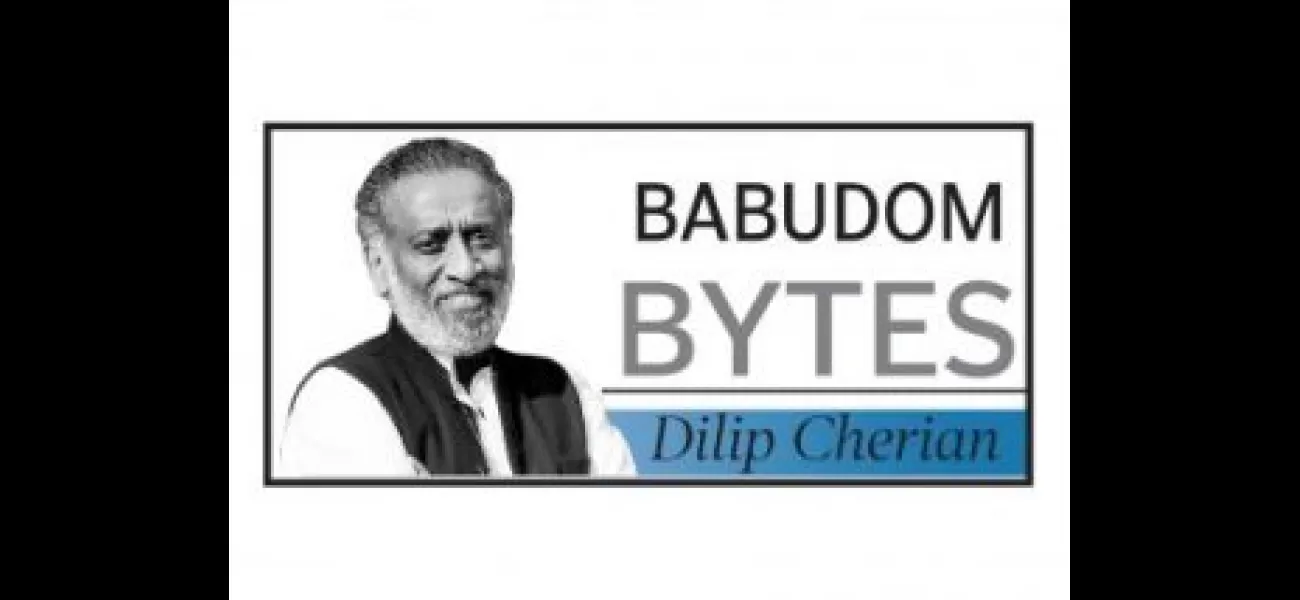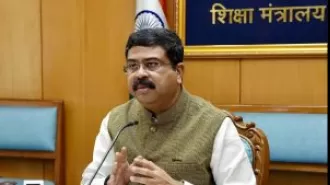The practice of ignoring or not paying attention to something or someone.
Mohan Yadav, Chief Minister of Madhya Pradesh, is skilled at prioritizing and neglecting what he deems unimportant, as seen with the empty MP State Information Commission.
May 4th 2024.

Mohan Yadav, the Chief Minister of Madhya Pradesh, has a unique way of managing his priorities. Some may call it neglect, but he sees it as an efficient way to focus on what he considers important. Take, for example, the MP State Information Commission, which is now practically non-existent without any commissioners. While it is typically composed of 11 commissioners, currently it stands as a mere symbol of transparency, or rather, the lack thereof. But don't worry, Yadav and his government have everything under control. Who needs information when you have intuition, right? And as for human rights, they can often get in the way of progress. This is evident in the State Human Rights Commission, which also has two vacant positions. It seems that Yadav's administration is more concerned with trivial matters, like the color of a pen, than addressing important issues. Another example of this is the Consumer Dispute Redressal Commission, which is responsible for handling consumer complaints. However, with two vacant positions, it's safe to say that the backlog of complaints is piling up. But perhaps Yadav sees this as a cost-saving measure, as he seems to have a minimalist approach to governance. While some may question his choices, there must be some method to his madness.
Moving on to the dynamics of government and business, there are reports that former Lt Governor of Ladakh and former Chief Information Commissioner R.K. Mathur and former RA&W chief A.K. Dhasmana have joined the TATA Sons Board. These two individuals were personally selected by Prime Minister Narendra Modi for prestigious positions and are now utilizing their backgrounds in public service for the benefit of a major corporation. This is not a new trend, as we have seen other retired government officials take up senior positions in the private sector. However, there is an ongoing debate about the benefits and potential conflicts of interest in such moves. In this case, Mathur and Dhasmana's experience in government could offer valuable insights into government relations and strategic decision-making for the Tatas. On the other hand, there is always a risk of perceived or actual conflicts of interest, especially if they have dealt with issues or regulations that directly affect their new employer. This raises ethical concerns, and it is essential for there to be transparency and accountability in such appointments.
In a recent incident, an IRS officer, Somanath Shivarudrappa Ukkali, has been debarred from central deputation and foreign assignments due to his failure to assume responsibilities as Chief Vigilance Officer at HMT Ltd, Bengaluru. Despite being assigned to this role, he expressed his inability to take on the responsibilities, leading to significant consequences. This case highlights the importance of accountability and fulfilling designated roles within the government. The Department of Revenue has taken preventative measures to ensure that Ukkali was well-informed of the repercussions of not complying with his appointed role. This serves as a reminder to all government officials about the seriousness of their duties and the potential consequences of not fulfilling them. It is crucial for those in key positions to show utmost commitment and dedication to their roles, and this incident sends a strong message about the consequences of not doing so. Hopefully, this will serve as a cautionary tale for all babus to adhere to their duties and responsibilities.
Moving on to the dynamics of government and business, there are reports that former Lt Governor of Ladakh and former Chief Information Commissioner R.K. Mathur and former RA&W chief A.K. Dhasmana have joined the TATA Sons Board. These two individuals were personally selected by Prime Minister Narendra Modi for prestigious positions and are now utilizing their backgrounds in public service for the benefit of a major corporation. This is not a new trend, as we have seen other retired government officials take up senior positions in the private sector. However, there is an ongoing debate about the benefits and potential conflicts of interest in such moves. In this case, Mathur and Dhasmana's experience in government could offer valuable insights into government relations and strategic decision-making for the Tatas. On the other hand, there is always a risk of perceived or actual conflicts of interest, especially if they have dealt with issues or regulations that directly affect their new employer. This raises ethical concerns, and it is essential for there to be transparency and accountability in such appointments.
In a recent incident, an IRS officer, Somanath Shivarudrappa Ukkali, has been debarred from central deputation and foreign assignments due to his failure to assume responsibilities as Chief Vigilance Officer at HMT Ltd, Bengaluru. Despite being assigned to this role, he expressed his inability to take on the responsibilities, leading to significant consequences. This case highlights the importance of accountability and fulfilling designated roles within the government. The Department of Revenue has taken preventative measures to ensure that Ukkali was well-informed of the repercussions of not complying with his appointed role. This serves as a reminder to all government officials about the seriousness of their duties and the potential consequences of not fulfilling them. It is crucial for those in key positions to show utmost commitment and dedication to their roles, and this incident sends a strong message about the consequences of not doing so. Hopefully, this will serve as a cautionary tale for all babus to adhere to their duties and responsibilities.
[This article has been trending online recently and has been generated with AI. Your feed is customized.]
[Generative AI is experimental.]
0
0
Submit Comment





